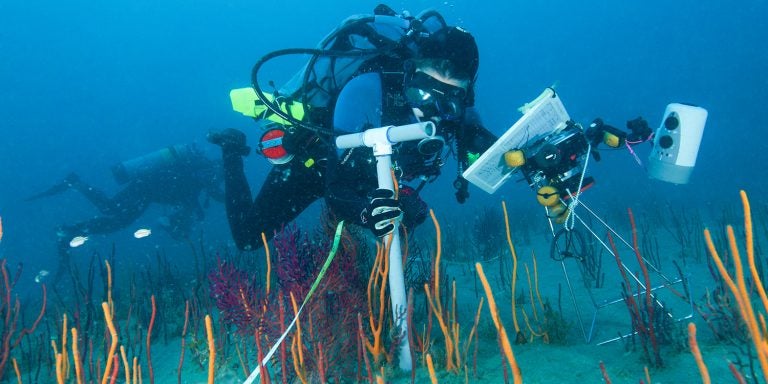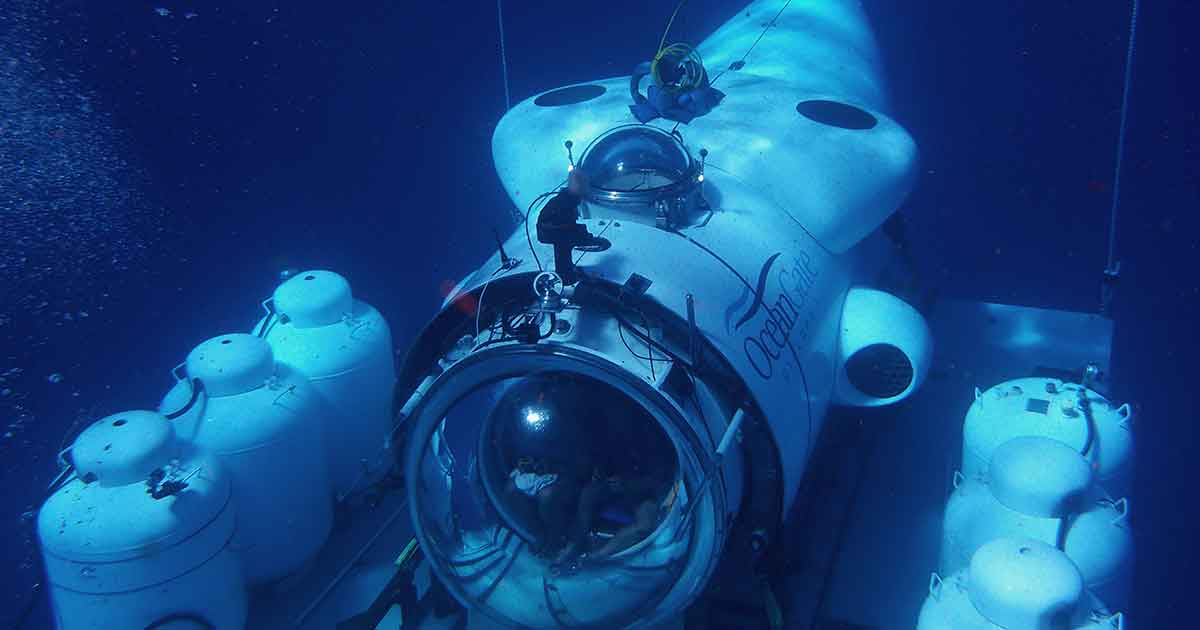Nguyen, Tri
In Support of Federal Oceanic Research

From the creation of the National Aeronautics and Space Administration in 1958 to the steps of the first man on the moon in 1969, and the launching of the International Space Station in 1998, space has been a source of inspiration and technological innovations that propelled mankind forward. It is then understandable, due to how national attention was focused upon space exploration (something that seemed beyond the grasp of man), that something as typical as researching the Earth’s oceans is overshadowed. In the progress of oceanic research, we have once reached the deepest depth of the oceans and discovered early forms of possibly applicable medicine and resources, but developmental research of these resources is still latent. Between furthering national space or ocean research, it is conclusive that emphasis is placed upon oceanic instead of space research. Emphasis has been placed upon space research for the past several decades and neglected the development of ocean research; causing the information and experiments of ocean research to be minimal and underdeveloped. Despite the monetary restraints placed upon oceanic exploration and research, it has continued to progress, and with its progression, we have discovered useful resources that could be used in our modern-day society; renewable fuel and medicine. Thus, if the emphasis were to be placed on ocean research, the results achieved by it would likely be much more productive than its staggering pace.
The sound reason as to why the focus should be placed on exploring the ocean over space exploration is that the latent resources available to us are not being extensively researched. Due to the lack of funding, relative to the funding given to space exploration, the advancements within the field of oceanic research are considerably fewer compared to space research; as a result of this, the untapped potential that the ocean holds has been neglected by us. The article, “Why Exploring the Ocean is Mankind’s Next Giant Leap”, written by ocean-research enthusiast Phillippe Cousteau, raises reasonings to support this claim. As described by the author, “… we’ve only explored about 10 percent of the ocean—an essential resource… [an example is] an early treatment for HIV, is derived from a Caribbean reef sponge” (Cousteau 194). The reason why this evidence supports Cousteau’s assertion that he highlights how undeveloped this field of study and interest is, considering its prominence in our world, and supports how this field of study can prove to be useful by providing an example in which it can become useful (a medicinal cure). Therefore, given how underdeveloped the field of oceanic research is despite its great importance, and how useful it can be to exploit the findings provided by said research, the ocean stands as a valuable resource that should be studied and explored.

Although the financial and serviceable incentive of the ocean is important to consider when considering how to (re)aggregate resources, it is also important to consider its eventual significance. As a result of the poor state of the ocean currently, it should be of great importance that we should protect and preserve it from pollution; to help future generations and protect one of our most important resources. To quote the text, “… oceans are the life support system of this planet… 70 percent of our oxygen… a primary source of protein for billions… regulation of our climate” (Cousteau 195), and, “… ensure that the oceans can continue to provide life to future generations” (Cousteau 196). Given how poor of a sanctuary the ocean has become due to industrial and public negligence and abuses, it becomes a considering prospect if one were to consider the ramifications upon future generations. Considering the importance of the ocean in the lives of countless communities throughout the world, as well as serving as one of the fundamental factors needed for life on the planet, if the abuse upon the ocean does not cease, we would be purposely depriving future generations of an adequate environment. Using the exploitation of the environment during the extensive-industrialization of the world as an example, it would be best if we, given the opportunity and knowledge. to change and protect the environment. When one is deciding whether something is right or wrong, the future ramifications of said actions should always be considered; thus, we should use our energy to protect and preserve the ocean.

In opposition to ocean research, one might assert that instead, we should prioritize industrializing and researching space. This is a result of how we already have substantial progress in the field; wanting to see it through to the end. Although space research and exploration is still of great importance and should not be neglected, it should not continue to be the federal government’s responsibility; as a matter of fact, private space companies have already been trailblazing advancements in space. The purpose of federal initiation and initial development of a potentially useful application is to set a precedent and show that it can be done; in turn, causing inspiration from private companies to compete and develop technology that can be used for commercial and widespread use. A similar example of this would be the invention of the airplane; now, it is widely used at a far more expendable price due to innovations by private entities. The potentials of the ocean and its researches are not being extensively researched or developed, even though it could become greatly useful. The importance of space research, even if its funding were instead reaggregated towards funding for ocean research in its place, should not be undermined; instead, it should be supported by private industries that would strive to engineer more cost-efficient technology that would allow for commercial use of space travel. Given the funding of space research, ocean research would allow for innovations, technology, and medicine to be discovered and developed throughout the vast and unexplored expanses of the ocean; additionally, it would help us take care of one of our most important resources.
